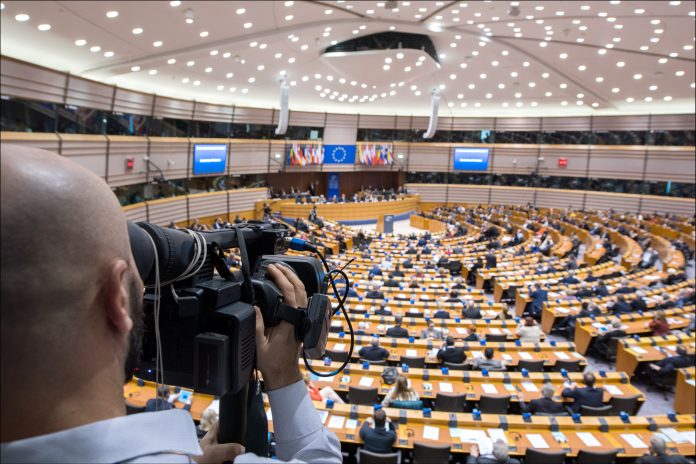Budget Committee MEPs in a vote on Monday confirmed their position to negotiate the next EU long-term budget with EU Ministers, including figures for each EU programme.
Members of the Committee on Budgets underline Parliament’s “unity and readiness” for the upcoming post-2020 multiannual financial framework (MFF) negotiations with EU Ministers and regret that member states have made “no significant progress” on finding a common position.
They consider that the MFF proposal tabled by the European Commission is a starting point, but its proposed level “will not allow the EU to deliver on its political commitments and respond to the important challenges ahead”. They thus propose to plenary to confirm the following priorities, when the full house votes on 14 November (list not exhaustive):
Set the budget for the Horizon Europe research programme at €120 billion (Commission: €83.5 billion);
Continue and boost the investment plan for Europe (“Juncker Plan”);
Increase funding for transport infrastructure and SMEs;
Maintain the financing of the long-standing cohesion and agricultural policies;
Double the resources for tackling youth unemployment, triple the resources for Erasmus+;
Set the EU’s contribution to the climate objectives target at a minimum of 25% of MFF expenditure.
Over 94% of the EU budget goes to citizens, regions, cities, farmers and businesses. The EU’s administrative expenses account for under 6% of the total. (Source: European Commission).
A new and simpler system of revenues
As to reforming the EU’s sources of revenue (“own resources”), MEPs stress that the current system is “highly complex, unfair and non-transparent and totally incomprehensible to the EU’s citizens”.
A new, simpler system should bring a substantial reduction to the gross national income-based direct contributions from member states and guarantee an adequate financing of EU spending under the new MFF.
MEPs demand the introduction of new own resources, such as one based on a new corporate tax scheme (including taxation of large companies in the digital sector), on revenues from the Emissions Trading System and on a plastic tax.
They stress that revenue and expenditure should be treated as a single package; thus all elements of the MFF/Own Resources package, and notably the MFF figures, should remain on the negotiating table until a final agreement is reached.
The draft interim report on the 2021-2027 MFF– Parliament’s position with a view to an agreement – by co-rapporteurs Jan Olbrycht (EPP, PL), Isabelle Thomas (S&D, FR), Gérard Deprez (ALDE, BE) and Janusz Lewandowski (EPP, PL) has been adopted with 25 votes in favour, 5 against and no abstention.
Once this position is confirmed by plenary (vote on 14 November), Parliament is ready to negotiate, and talks can begin as soon as Council has agreed on a common position. The adoption of a new MFF Regulation requires Parliament’s consent.
MEPs expect “that a good agreement will be reached before the 2019 European Parliament elections, in order to avoid the serious setbacks for the launch of the new programmes due to the late adoption of the financial framework, as experienced in the past.”

